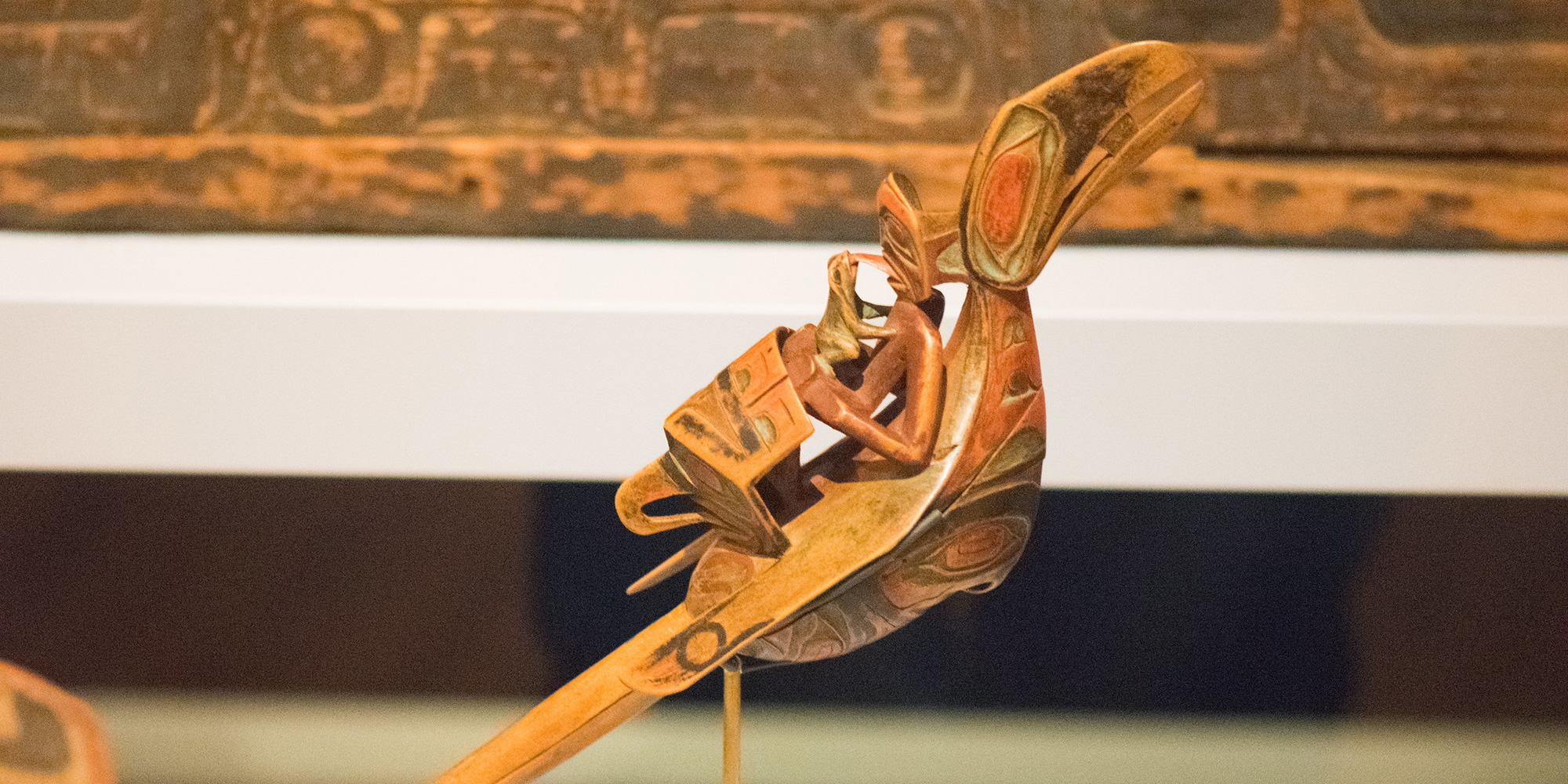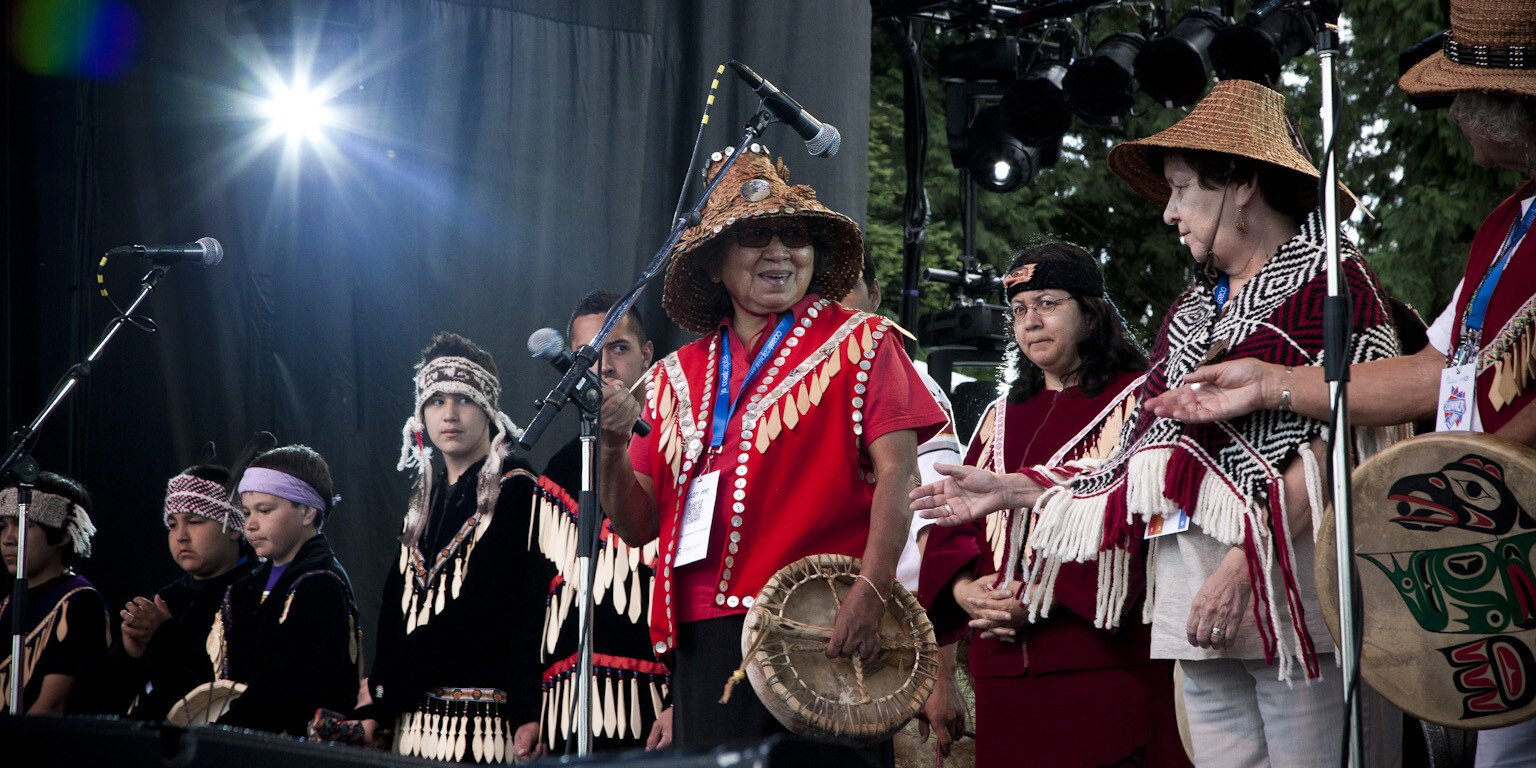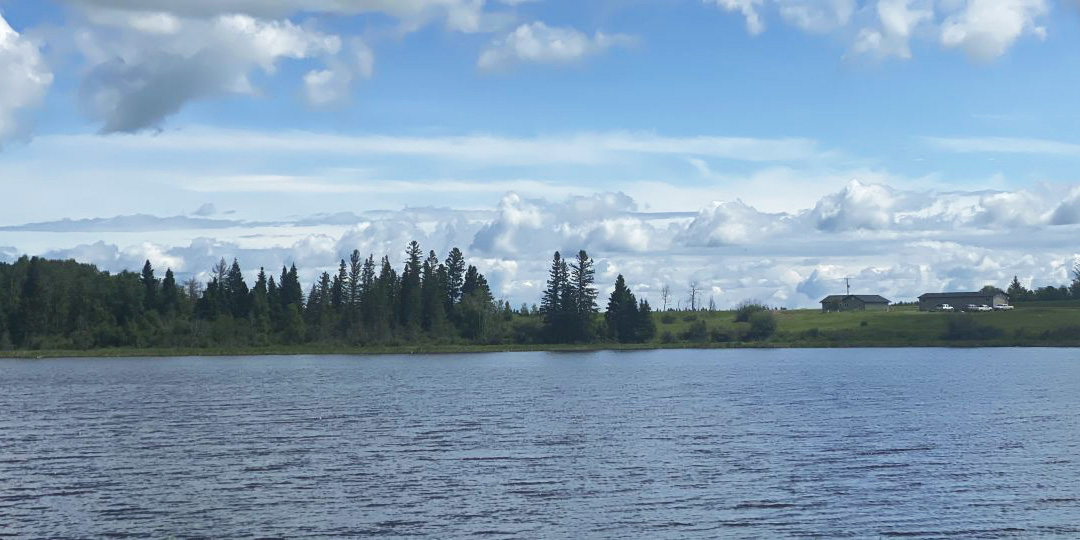Indigenous Peoples Are All the Same, Right?
A frequent misconception is that Indigenous Peoples are all the same in Canada but there is a clear diversity amongst Indigenous Peoples. Linguists...

First and foremost, on behalf of myself and my father, Chief Dr. Robert Joseph, O.B.C., O.C, I want to give my condolences to the Gosnell family and the Nisga’a Nation for the loss of a great leader, Mr. Joe Gosnell. We would like to express our gratitude and admiration for the work that he did. We believe that the nation was better because Joe was here.
I met Joe Gosnell about 25 years ago while I was working for a big corporation. He came in for a meeting and my job was to welcome him to the boardroom and make sure that he was comfortable, happy and had refreshments. Luckily, it gave me an opportunity to spend a few minutes with this great man.
When he arrived, I immediately jumped up to welcome him. I said, “Mr. Gosnell, my name is Bob Joseph. I work here for BC Hydro as a Manager of Cultural Relations and Corporate Training. Do you need to use the washroom, would you like tea or coffee?”
He said, “No, no I'm okay.” Then he asked me if I was any relation to the Bobby Joseph who went to the Alert Bay Indian residential school.
I replied, “Yes I am, he's my father.”
And he said, “Tell your father I said hi. I went to school with him at St Michael's in Alert Bay and I really appreciate the work that he's doing on residential schools.”
I really liked that connection and it made me realize what a great opportunity that connection and trust provided for me to ask this highly respected leader a really big question, an “Oprah question” So I went with: “How would you describe what you've done with your life in a single sentence?” To request a hereditary chief, and one of the key negotiators of Canada's first modern treaty (which took 27 years to negotiate) to sum up his life in a sentence was a pretty big ask.
He thought about it for a second and then responded, “You know, honestly I have to say I've spent a majority of my life trying to wrestle power from Defenders of the Empire.”
We both smiled and I said, “Thank you very kindly” and then he went in to meet with our board. It was a memorable moment and it was just before the Nisga’a treaty was to be ratified and then it was on its way to receiving Royal Assent in the Canadian Parliament. It was an amazing opportunity to spend even just a couple of minutes with him and to get that insight.
About a week later, I was delivering Indigenous Awareness training and one of the participants, who worked for the government, asked me how Indigenous Peoples perceive him and his colleagues when they go in the door cold and without really getting to know the community first.
I replied, “You know, to answer this I think I should share with you something that Joe Gosnell told me.” I told them about Joe’s description of his own life as having been spent wrestling the power from “Defenders of the Empire” in negotiations.
And so, I said to the learner, that's how the communities may view you when you go in the door without any efforts towards relationship building. They may think you're defending the Empire and they're going to be scrutinizing you in that light.
Joe’s words are a good reminder of the importance of understanding where each side is coming from in a new relationship. I’ve used his answer many, many times since in my teachings. In our training, we help people to be prepared for their first meetings with Indigenous communities and to avoid coming across like they are “Defenders of the Empire”. That's why we provide insights and tips on what to say and what not to say. It really is to help understand the perception Indigenous communities may have because of their experience in residential schools, the Indian Act and land claims.
So there you go, that was the story of the day I met Joe Gosnell and what it meant for me in my life and career. I am very sad to hear that he passed away recently. I have always held much admiration and gratitude for this great Nisga’a leader and the Nisga’a Nation for getting Canada to move away from the Indian Act and the assimilation process.
Just a few short moments in his presence and you could tell that he was a man who was following the teachings of his ancestors. This was reflected in how he conducted himself and how he worked with communities, governments and peoples to create positive change for the Nisga’a Nation and other Indigenous nations.
Farewell Mr. Gosnell.
Featured photo: Nisga'a raven rattle, Photo: Thomas Quine, Flickr

A frequent misconception is that Indigenous Peoples are all the same in Canada but there is a clear diversity amongst Indigenous Peoples. Linguists...

It can be customary between one First Nation and another to acknowledge the host Nation Peoples and their traditional territory at the outset of any...

Paul K. Ledoux, Council Member, Muskeg Lake Cree Nation was a guest speaker at the Urban Reserves Forum in Winnipeg in early March 2016. Paul...